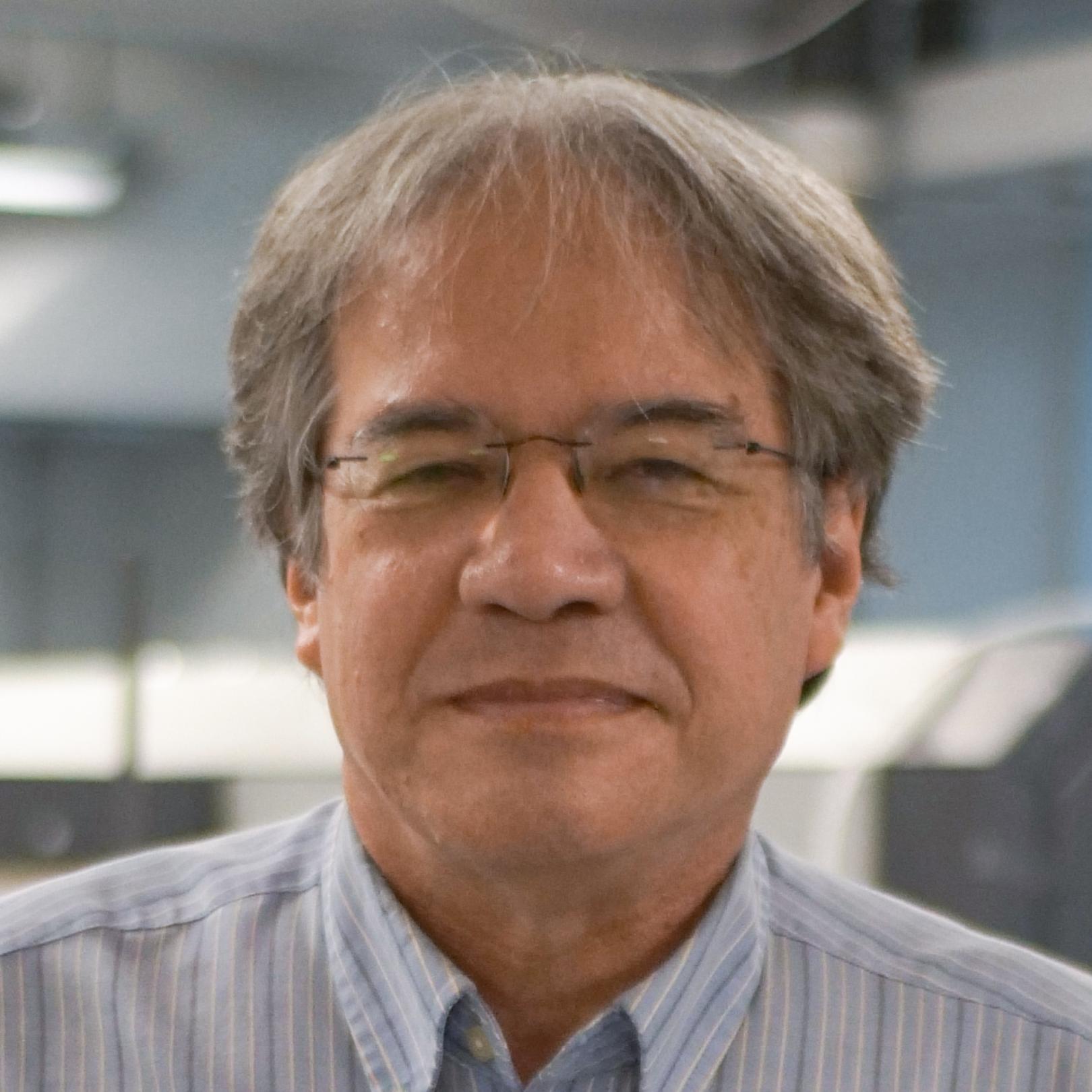
University of Minnesota | Minneapolis, Minnesota
For fundamental advances in high-precision methods for dating geologic records of climate change, leading to a more detailed understanding of the earth’s climate system over the past million years.
Climate change is a profound issue facing humankind. One way of shedding light on the workings of Earth's present and future climate is to study the past: how and why it's changed over the eons of time even before human civilization. Through his own explorations in some of the most remote regions of our planet and the development and refinement of new dating techniques, Larry Edwards is an explorer of the past whose work uncovers telltale patterns that help us to understand the nature and causes of climate change with some clues to the future.
As a geochemist, Edwards develops and applies precise and sensitive measurement techniques, measuring rare forms of uranium and thorium present at levels as low as parts per quintillion (1 followed by 18 zeros). He also enjoys collecting data in the field deep inside caves and other challenging areas, working with hundreds of collaborators from all over the world. Edwards specializes in reading the geological records of past climates preserved in fossil corals and cave deposits known as speleothems. Highlights include the characterization and understanding of abrupt climate change, times when the climate of large portions of the world changed in just a few years to a few decades, and understanding the causes of ice ages, why they began and why they ended. Edwards has also contributed to international efforts to refine and calibrate the carbon-14 dating method, commonly used in archeologic and geologic applications, significantly improving the accuracy of carbon-14 dates.
Born in Massachusetts to a father from a long-established American family and a Chinese mother who had come to America at a young age, Edwards benefited from a culturally eclectic upbringing that nurtured a wide range of interests and perspectives. As an undergraduate, he earned degrees in both earth and planetary sciences and art and architecture at MIT, then worked as a naturalist for the National Park Service in northern Minnesota before completing his Ph.D. in geochemistry at Caltech. His early work concentrated on studying markers of sea-level rise in ancient corals. He joined the University of Minnesota as an assistant professor in 1988 and has taught and researched there ever since.
While still a graduate student at Caltech, Edwards led the development of a new generation of uranium-thorium dating techniques, which he continues to refine. The new techniques were 10,000 times more sensitive than previous methods. Uranium-thorium dating relies on measuring the radioactive decay of trace amounts of rare uranium and thorium isotopes that are incorporated into the calcium carbonate minerals of corals and cave deposits. Edwards is recognized worldwide as the leading expert in the application and interpretation of these techniques and has refined them to such effectiveness that they can date samples as far back as 700,000 years, the latter part of the Quaternary period. He was the first to use these precise mass spectrometric methods to conduct uranium-thorium dating of carbonate minerals. He has applied them to corals and speleothems from a wide range of geographic areas, not only in North America but in the Caribbean, Greenland, Africa, South America, Europe, and Asia. Some of his most famous work was conducted in Hulu Cave in China, providing vital information on Asian monsoon variations and their link to other climate parameters. He has led reconstruction of a 640,000-year record of the Asian Monsoon, decade by decade. His work has resulted in greater precision in tracing and dating such phenomena in comparison to other ancient climatic records such as ice cores and deep sea sediments. He has also improved understanding of natural variations in the atmospheric abundance of carbon-14, variations that affect the use of carbon-14 for dating.
Edwards's influence ranges far beyond his own research and field work. The example he has set and the techniques he developed and perfected have opened pathways for other scientists to follow and build upon. Many of these have been his own students from his decades as a celebrated professor, including tens of graduate student, postdoctoral fellow, and undergraduate advisees and hundreds of international collaborators. Other researchers have simply been inspired, enlightened, and informed by his research. The impact and importance of Edwards's work has been recognized by many awards and honors, including election to the National Academy of Sciences, election as a foreign member of the Chinese Academy of Sciences, a Guggenheim Fellowship, and membership in the American Academy of Arts and Sciences.
In a very real sense, Larry Edwards is a historian who explores the rhythms of Earth’s climate system on time scales ranging from millennia to centuries, as manifested in the advance and retreat of its ice sheets, the circulation of its oceans, and the calm and storms of its atmosphere. The echoes of Earth's past locked in records in speleothems, ocean deposits, and ice cores serve as both a record of our planet's history but also an early warning of its possible future and the ways in which humanity can affect it. The work of Larry Edwards serves as a definitive example of both, providing a chronology of Earth's yesterdays and a bellwether for its tomorrows.
Information as of March 2023

